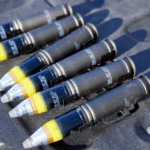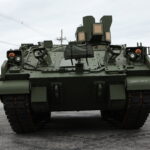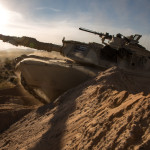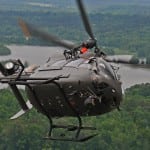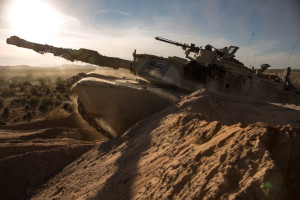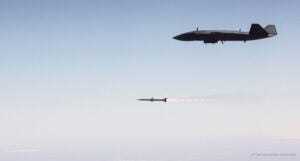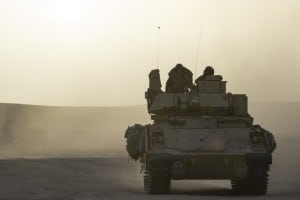
The Army’s top acquisition official confirmed Monday that no protests were filed on the award decision for the next phases of the XM30 Mechanized Infantry Combat Vehicle program, the service’s Bradley replacement effort. “By different counts, this is the fifth or sixth time the Army has tried to do this. But, I think we’ve got the right requirements this time. We’ve got two excellent industry partners. And we avoided a protest, thankfully, so we are off and running on that,”…

 By
By 